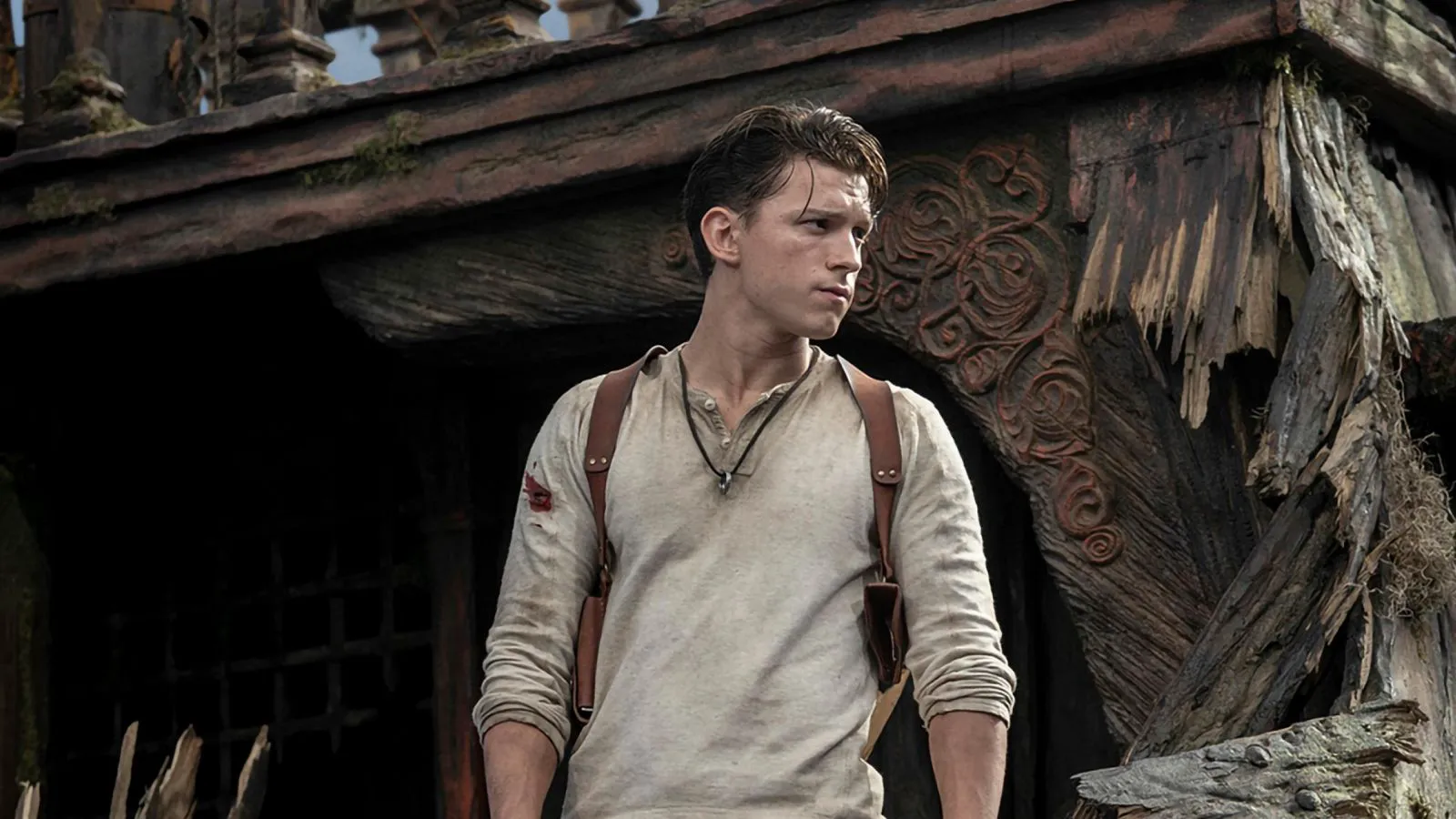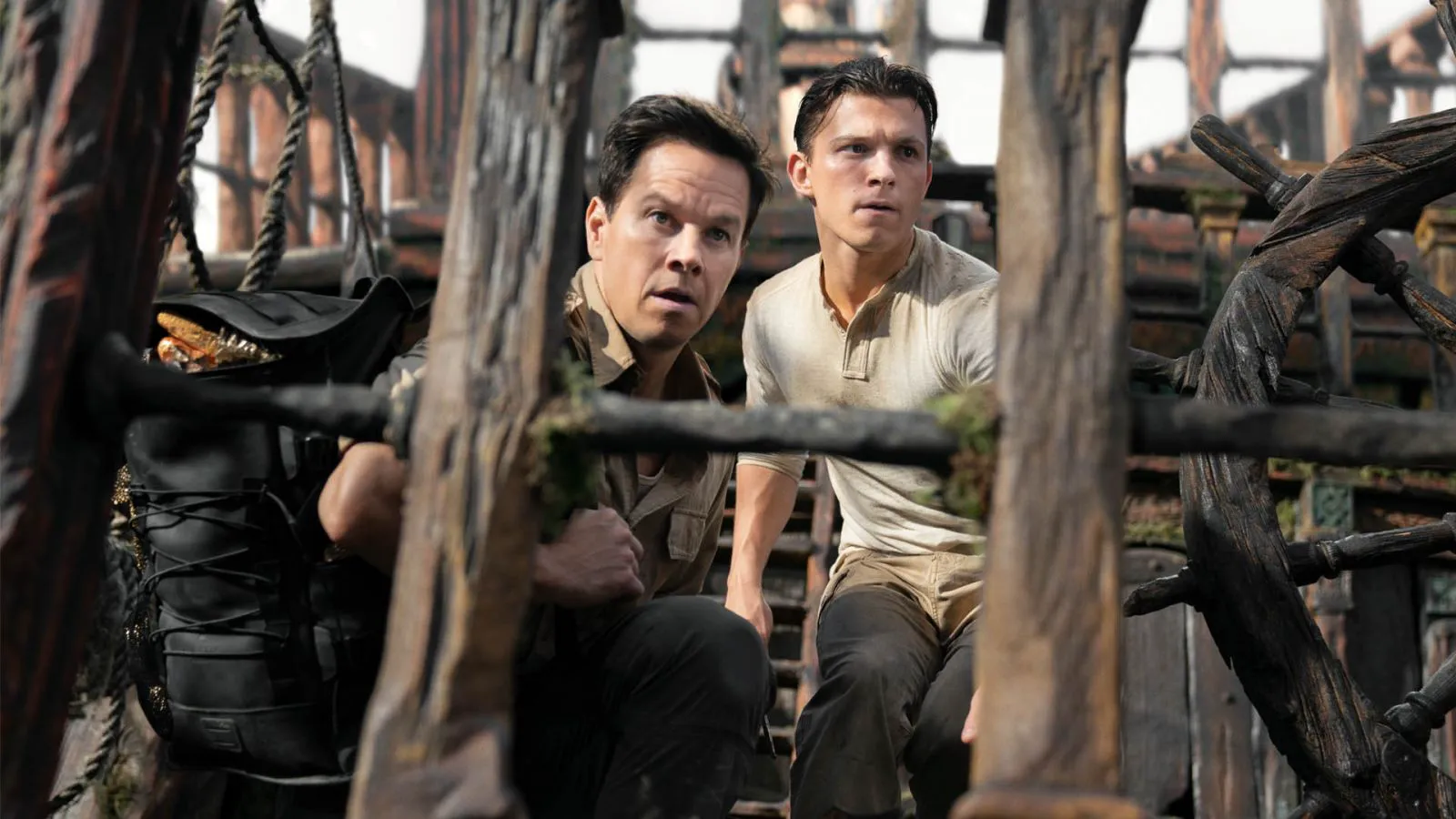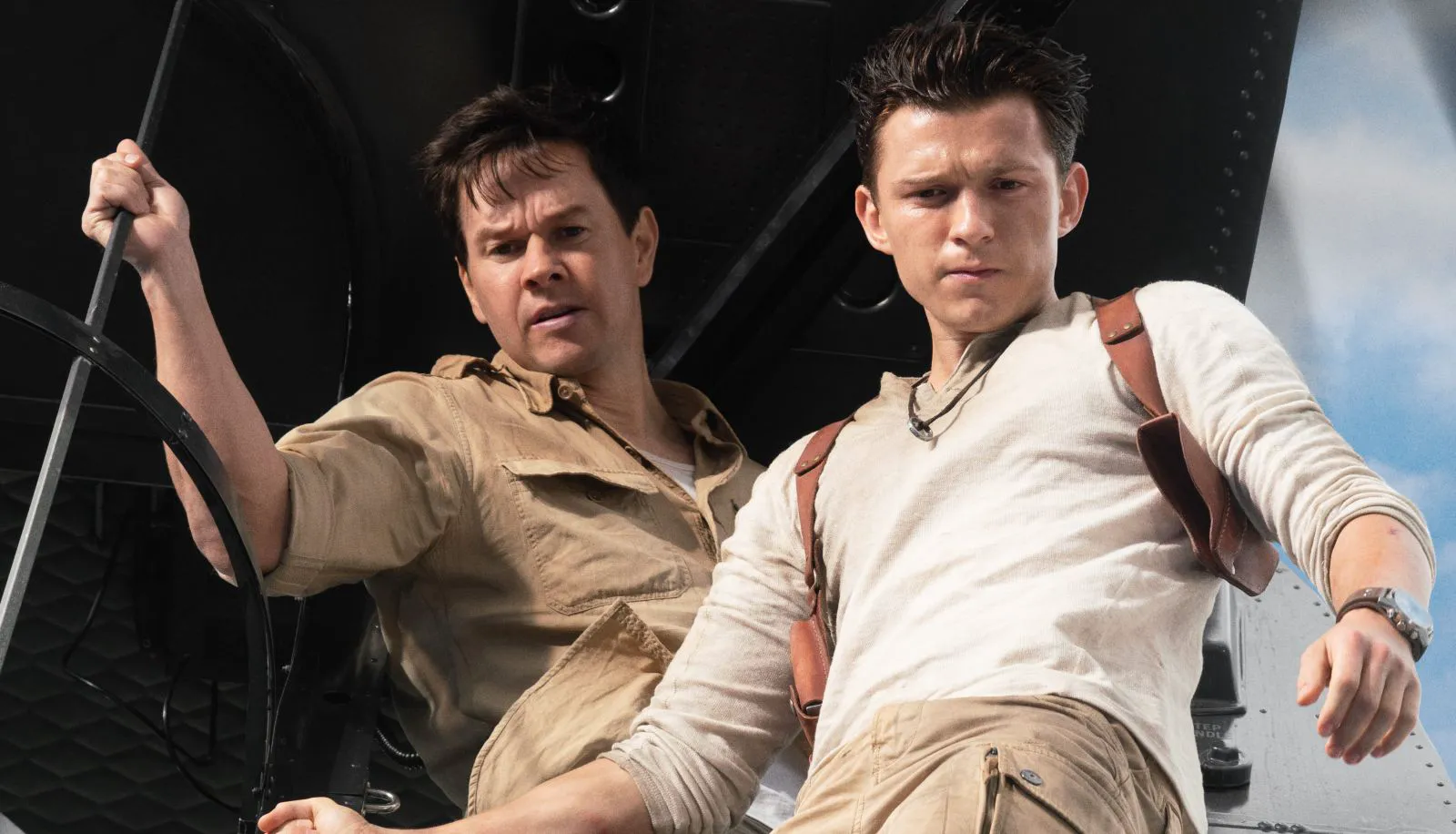God knows how many tears have been shed by geeks after the release of yet another film adaptation of a cult video game, but “Uncharted” fans spent just as much nervous energy in the agonizing anticipation of the premiere. The adaptation had been in development since the late 2000s, but unsuccessfully. So much so that Mark Wahlberg, who was originally supposed to play Nathan Drake, managed to age and get the role of the aged protégé Victor Sullivan (the actor doesn’t have a characteristic mustache yet, but if the sequel does happen, it’s only a matter of time). Ruben Fleischer, from a spirited director of zombie action, retrained as the director of “Venom,” and the game itself moved from the shelf of best-selling novelties to a box with timeless, but no longer the most relevant, classics. It’s not even about some internal mechanics of “Uncharted” - rather, the aesthetics of adventure action films a la “Indiana Jones,” which gave way to post-apocalypse (“The Last of Us” from the same developers) or sci-fi.

Tom Holland as Nathan Drake in a still from “Uncharted”
Uncharted: A Treasure Hunt on the Big Screen
And so the adaptation of “Uncharted” finally makes it to the big screens. Battered partly by time, and partly by studio bosses who held the film back for a better moment, the film looks like an outsider even against the backdrop of the charmingly insane “Moonfall” by Emmerich. This is also a treasure from the bygone era of the 2000s and early 2010s, only everyone waited for it with undisguised caustic irony: failure is inevitable, but at least you can laugh at the stupidity. Sully (Mark Wahlberg) and Drake (Tom Holland) set off in search of Magellan’s treasures, while trying to outrun the villain Moncada (Antonio Banderas). Secret passages in temples, ancient ships, traps, and falls from a bird’s-eye view - I want to talk about the plot by describing the action and bright details, not the script twists.

Tom Holland as Nathan Drake in a still from “Uncharted”
From Console to Cinema: Capturing the Spirit of Uncharted
However, was “Uncharted” itself ever the gold standard of writing? Within the genre and context - of course, but after all, the original adventures of Sully and Drake were loved not for their imitation of “Indiana Jones” (more precisely, not only for it). The Naughty Dog game realized the desire of every teenager who is a fan of adventure films to become a direct participant in incredible action - a charming treasure hunter with a stylish holster and a sharp tongue. Fleischer’s “Uncharted,” oddly enough, successfully picks up the spirit of the original. Here, even many scenes (falling from a cargo plane, unraveling secrets in Spanish temples) migrated directly from the video game, and those that the screenwriters came up with themselves look quite in the style of the original source.
High-Flying Finale
The final - and most insane - episode here is completely original: the villains lift two giant ships into the air with the help of helicopters, so for the next 20 minutes the heroes will fight on flying ships - step aside, “Pirates of the Caribbean.” In the game, this scene would feel completely different, without the proper scale, mesmerizing wide shots, and even more so commensurate suspense: if Drake falls, starting from the same place, alas, will not work. Actually, the whole climax of “Uncharted” justifies the existence of this movie - devoid of a sense of proportion, spectacular and hilarious to the point that for once you don’t want to be in the place of the characters, but just watch their adventures from the side.

Mark Wahlberg as Victor in a still from “Uncharted”
A Surprisingly Fresh Take
“Uncharted” is generally difficult to call a conventional video game adaptation: too little fan service, too many jokes that change the rules of the game on the fly. Mark Wahlberg (the best thing about this film) during all the action scenes peeks out from behind cover like a jack-in-the-box. Antonio Banderas, it seems, without changing his costume from the filming of a perfume commercial, casually wandered onto the set of “Uncharted.” Everything here is ridiculous, but surprisingly lively: either Fleischer remembered his best years, or simply COVID taught us to appreciate studio cinema, in which there is some spark of madness.
And even the casting of Holland, which at first frightened with its marketing precision and mismatch to the image, turns out to be justified. He really isn’t Drake - at least not at first. The new “Uncharted” pulls off a clever trick and turns a typical idealist who wants to fix the world (“Spider-Man: No Way Home”) into a real rogue, thief, and adventurer. Hollywood movies have taught us that we must strive for higher ideals. Fleischer’s film, of course, agrees, but inserts one “but”: the main thing is to keep your ear to the ground, watch your partners, and be prepared for everyone to sell you for a piece of gold.